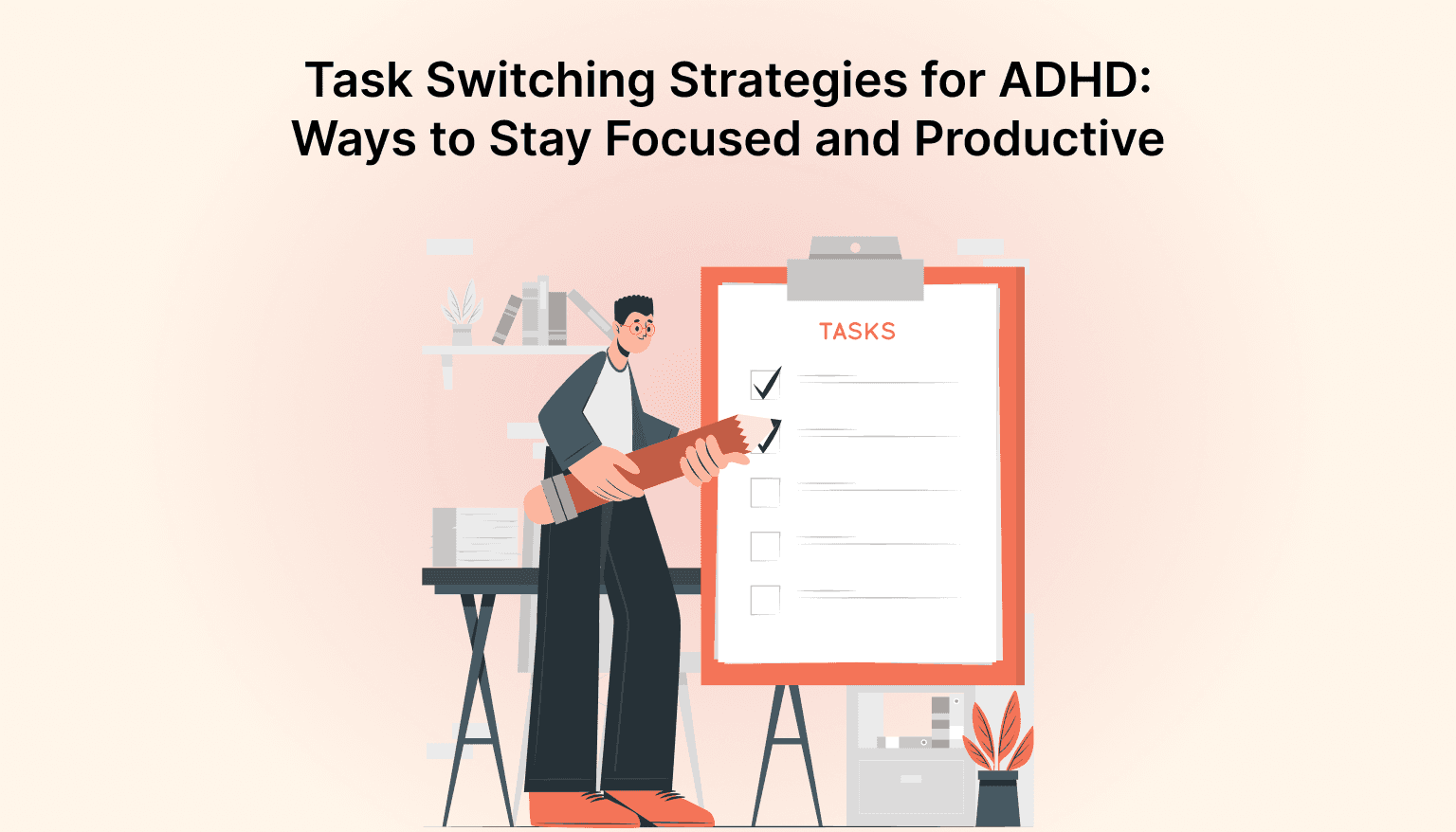Tips For Maintaining Productivity When Searching For A Job
6
Being between jobs can be fun at first. It may even feel like a vacation. You can wake up whenever you want or go to the gym in the middle of the day. You don’t have to make small talk with coworkers or deal with your boss. But this mini vacation feel will eventually fade when you suddenly remember
that—newsflash—you’ve got to find a job. You have to read job ads, write cover letters, customize your resume, and go to interviews. Additionally, you have to deal with anxiety and rejection over and over again.
Having to face the hard facts can be daunting, and many people find themselves unmotivated and in a slump. It can be a struggle to stay productive when you are in between jobs. In this transitional period, you don't really have specific work to do and there are no daily tasks or deadlines to keep you occupied. There are, however, plenty of things you can do to keep yourself busy and remain productive while looking for future employment.
Set Up A Workspace, Get Organized, and Stick To A Schedule
Your first step in staying productive is making a plan and setting achievable goals. Using a diary, calendar, or notepad, make a list of the roles you want to apply for and their accompanying deadlines. Prioritize the roles by the deadlines and your interest, and assign days in your diary to complete applications.
When you have a whole day to yourself it can seem like you have all the time in the world, but this time goes by quickly. Having a plan for each day can help you make the most of your working hours and help prevent feelings of self-recrimination at the end of the day. Resist the urge to binge-watch Netflix and schedule your day for maximum productivity. The best way to stay positive and productive when you’re between jobs is to think of your job search as a full-time job.
Having a workspace like a little home office can really help with motivation. Get a desk and set up your laptop in a private corner or separate room of your house and only use that space for work purposes. Have a system for organizing information and papers: folders in a file system, a binder, or whatever else is your style. It’s also handy to have a notebook to take notes with.
Some people may feel more comfortable keeping everything on their computers and organizing virtual files. If you have everything on your computer, you may want to back up the information on a disk or USB flash drive.
Set Goals
You want to make sure you have a sense of accomplishment each and every day of your job search. Setting goals will help you do that. Don’t just say that you will search for jobs from noon to four, rather, give yourself specific goals that are measurable and attainable. Reward yourself when you meet your daily and weekly goals. This will keep you moving forward in a positive direction.
There are plenty of time management, organizational, and productivity benefits to setting and reaching your goals. Whether it be the number of jobs you apply to on any given day, the number of individuals you reach out to in your personal and professional network, or the number of companies you research in a week, write down these goals on a piece of paper and make sure you check them off each time you accomplish one. Setting goals for anything you do in life brings you that much closer to success, even in a job search.
Networking
@evangelineshaw
Of all the advice you may ever receive, this may be the most vital tool to use in searching for your next opportunity. Searching job boards is one way to find openings that you’re interested in, but it’s not always the most productive or effective way to do so. Networking, on the other hand, can help you find not only job openings that you’re a perfect match for but also hidden job openings that never make it to any job board. Networking offers you a foot in the door to companies or positions that may normally be hard to access.
Attend formal networking events such as local business associations or seminars. Be friendly and introduce yourself. Keep a few extra copies of your resume handy, you never know when you’ll meet the right person or your next hiring manager. Pay attention because this is vital, network on social media. Create a strong LinkedIn profile. Reach out to former colleagues, and follow and connect with companies that you’re interested in working for. Not only will you improve your networking skills, but you also keep your brain stimulated in a business-focused environment.
Let your network know you’re looking for a new job and see if they know of any openings that match your search. They might be able to connect you to a hiring manager or potential openings that you might never have found otherwise. When you’re between jobs, the stress of frequent rejection or not getting enough callbacks can wear you down after a while. It helps a great deal if you are not internalizing that stress and dealing with it alone.
Searching Online
When you are looking for a job it is easy to get lost in the interview and resume process. Take time to read about new developments in your career field. Stay on top of the news that applies to the job you are interested in by utilizing job search engines. Searching for jobs online can be a time-consuming affair. Not only are there thousands of websites to search through, but there are also different types of websites depending on your optimized preferences.
Job search engines are the quickest and easiest way to find job vacancies online. For example, searching for a job through Lensa can be highly beneficial as they gather lists of jobs from many of the big job sites, employers, and recruitment agencies and they allow you to search all the jobs in their lists using a single search. This is much quicker than going to all the individual job websites and performing searches yourself.
Additionally, sending out speculative applications not only shows you take the initiative but also gives you a head start if the company or hiring manager is indeed thinking of hiring.
Looking for a job can be a daunting task. Whether you are currently employed and are looking to get a better position or you have recently been laid off, looking for a job can take its toll on you both physically and mentally. Searching job boards day after day and sending out tons of resumes only to hear nothing can make it feel like you’re wasting your time and effort and it’s extremely hard to stay motivated.
While it can be stressful and time-consuming, a productive job search isn’t as much about quantity as it is about quality; less is more! Setting up a plan will save you lots of headaches and overall anxiety. By getting organized, setting goals, sticking to a schedule, creating a strong network, and utilizing websites designed for job searching, you have an excellent starting point for staying productive while searching for a job.




